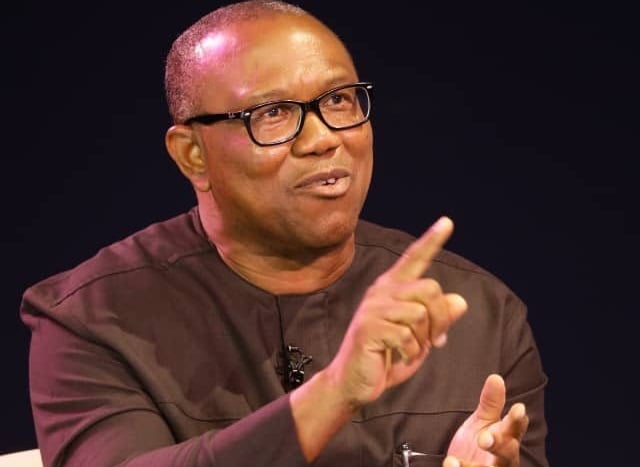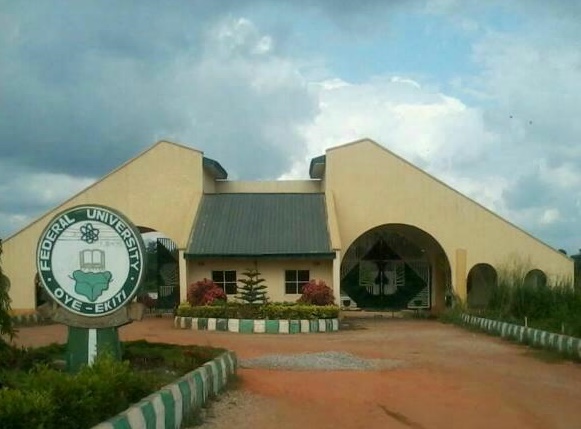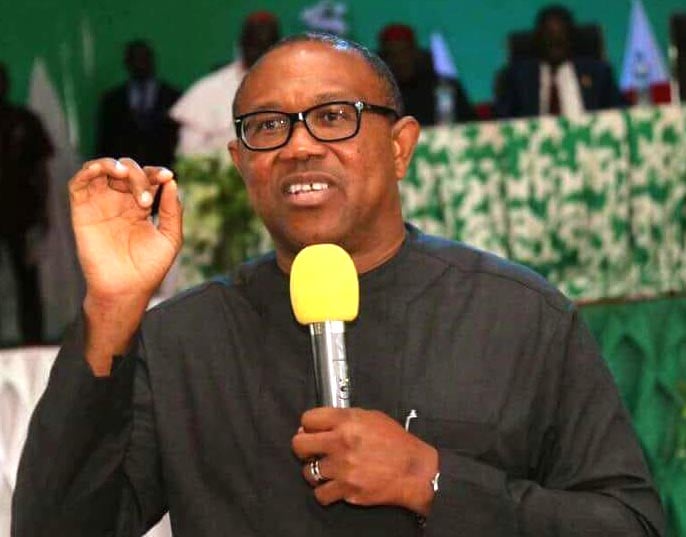The Lagos Chamber of Commerce and Industry (LCCI) has asked the federal government to replace Nigeria’s existing borrowings with asset-linked debt to ease the nation’s huge servicing burden.
The federal government spent 97 percent of its revenue for the five months of January-May 2021 on debt servicing.
This implied that for every N100 revenue generated, N97 was expended on debt servicing.
In a statement on Sunday, Chinyere Almona, director-general of LCCI, said the country’s debt situation has become worrisome with debt servicing consuming a significant share of revenue.
Advertisement
“Nigeria’s fiscal and financial situation have been of concern to several stakeholders including the LCCI,” Almona said.
“Government has increasingly resorted to debt to finance recurrent and capital obligations in the face of dwindling revenue.
“Nigeria is an asset-rich nation as we own hundreds of large state-owned companies, thousands of valuable parcels of land and built structures in prime commercial locations, but these assets contribute little or nothing to the country’s fiscal and financial situation because their market values are currently not known.”
Advertisement
The LCCI listed multiple recommendations to address the fiscal and financial challenges of the country including the rising debt service to revenue ratio and moribund assets generating no income for the country.
“There is a need to replace existing debt stocks with asset-linked debt to ease the debt servicing burden; attract Greenfield Foreign Direct Investments (FDIs) into publicly-listed state-owned companies and generate new revenue streams from commercialised real estate portfolios,” she said.
The chamber said there was an urgent need for the federal and state governments to do an official identification of public assets with proper documentation in a national asset register.
“Corporate assets like refineries, state-owned enterprises should be securitised via public share issuance to raise equities like Saudi Aramco’s IPO,” the statement reads.
Advertisement
“Physical assets such as idle or under-utilised properties could be repurposed and redeveloped for commercialisation to generate revenue.
“Intangible assets such as railways, pipelines, power transmission, should be liberalised for investors to commit equity funds into these sectors.
“Massive investment in skill and talent development to increase the pool of the country’s human capital. Financialisation of Nigeria’s human assets will boost net foreign income and remittance inflows into the economy.”
The LCCI further recommended the formulation of business and investment friendly policies to bolster private investor confidence in the economy and help attract sustainable foreign direct investments.
Advertisement
Add a comment






